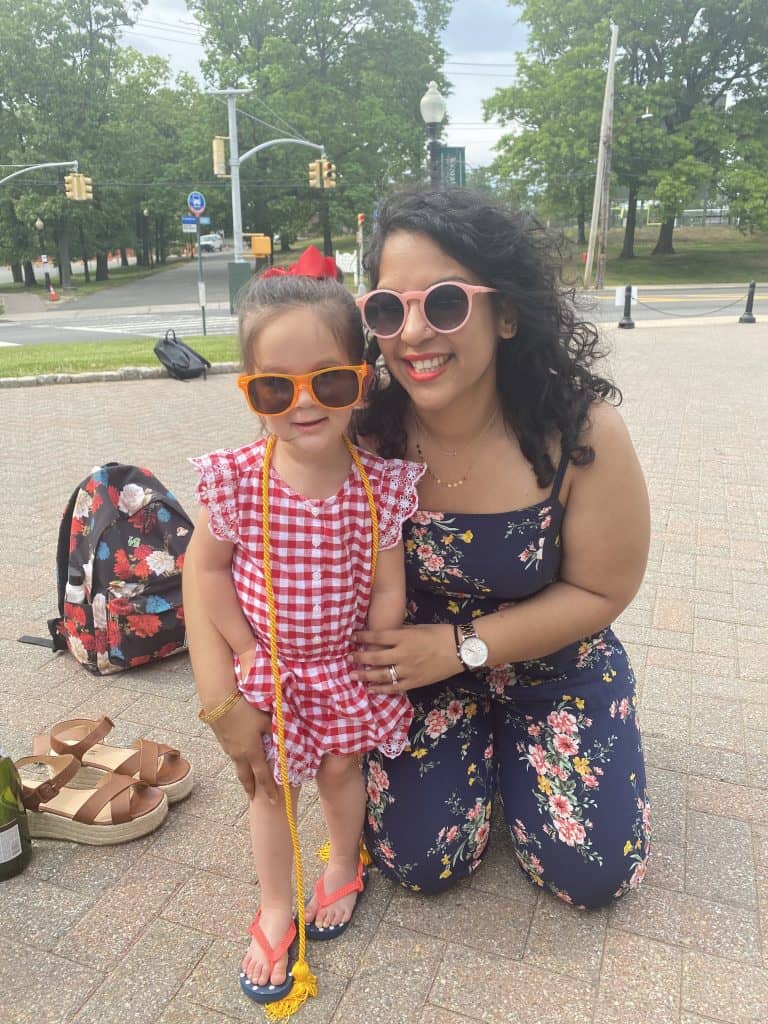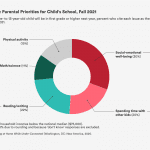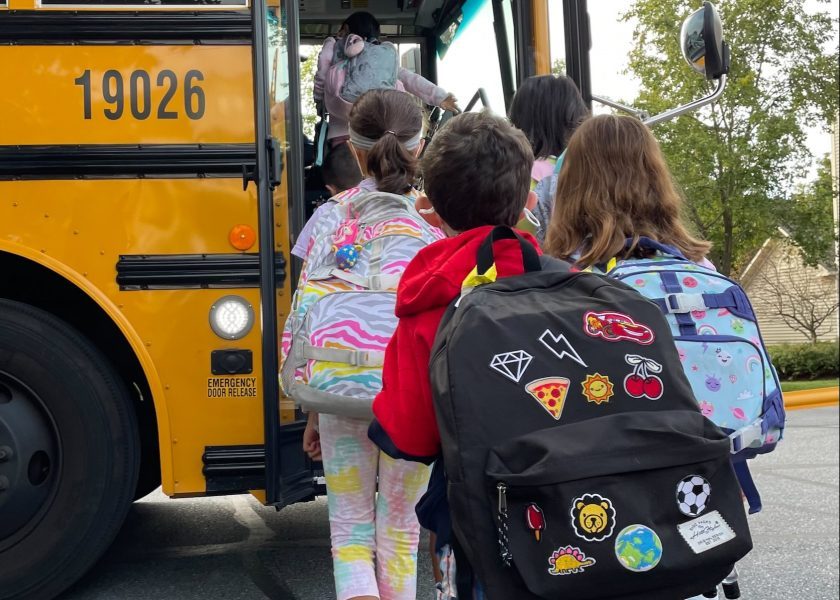Seven Ways Parents Can Help Their Kids Cultivate Post-Covid Friendships

COVID-19 has interrupted school and playdates, music classes and soccer clubs — straining children’s friendships and limiting their opportunities to interact with peers.
Now, as families eye the end of the pandemic, Big Heart World talked with Dr. Kavita Tahilani, mother of a young child and a Child and Adolescent Psychologist at Children’s Hospital of Philadelphia, to get tips on how parents can help their kids prepare to interact with peers, rekindle friendships, and make new friends.
“We are all social beings,” Dr. Tahilani said. “Social interaction is important for all of us, at any age. I think it’s really important for kids and teenagers because it’s such a part of their development and their growth and their emotional growth for them to be able to experience caring for individuals and others outside of their family, for them to be able to see how their actions impact others and how others can have an impact on them, and for them to develop empathy.”
Seven Tips Parents Can Use to Help Their Children Transition Back to "New Normal"
Dr. Tahilani shared seven tips to help parents support their children as we start to transition back to a new “normal.”
- Practice Interacting With Peers
“Figure out smaller, less intense ways for kids to start to practice interacting with peers,” she advised. Every child is different, but parents should consider introducing social interactions this summer in ways that feel safe to their family. This could mean having an outdoor playdate or getting together with another family outside. It could mean encouraging your child to interact with new kids at the playground or in another safe setting.
- Understand Your Child’s Concerns
If your child is anxious about something social — like an upcoming playdate or meeting new kids after summer break — start with conversation. “Make sure you’re communicating with your child about what their concerns are. Is it that they’re concerned about COVID specifically? Or are they concerned that they don’t know how to talk to kids anymore?” Dr. Tahilani said. “It’s important to understand what your child is nervous about, so you can make sure you’re solving the right problem.”
- Get Back on a Regular Routine
Your schedule might have been a little different during COVID-19 and over the summer, but at least two weeks before school starts, Dr. Tahilani advised families to embrace structure and expectations around things like waking up, eating meals at regular times, bathing, and going to bed on time. Keeping a routine will help with the transition back to school, which will help with everything — including making friends.
- Practice Going Back to School
“A lot of times, kids will have what we call anticipatory anxiety,” Dr. Tahilani said. “There might be a lot of anticipatory anxiety leading up to the first day of school. For some kids, once they get there, once they’re in the classroom, they’ll adjust. For some kids, it’s going to be stressful for them throughout the day.” Talk with your child about their feelings before something new happens, practice strategies they can use if they’re feeling stressed, and rehearse. For example, you and your child can role play going to school, introducing themselves, and finding something in common with a new classmate. The rehearsal could have some real-life elements: try driving or walking to school before the first day, looking around, and playing at the playground so that your child knows what to expect.
- Parents: You should lead the way!
As it becomes safer to see friends, parents can model how to be a good friend by getting together with their friends. For some parents, Dr. Tahilani said this might mean facing their own anxiety about post-pandemic mingling. But, she said, it’s important to remember: “Even if you’re not having specific conversations with your child about anxiety or feelings or friendship, they’re still watching and you’re still the model for them.”
- This might take practice!
“I think this is a moment where we all need to be mindful of our expectations,” Dr. Tahilani said. “It may take kids some time to readjust to whatever this new normal is going to be. Have patience and keep trying.”
- Don’t push too hard.
Challenges are good, but be careful not to push too hard. “I think this is a moment where we all need to be mindful of our expectations,” Dr. Tahilani said. “It may take kids some time to readjust to whatever this new normal is going to be. Have patience and keep trying.”
Please Note: Parents who are seriously concerned about their children’s shyness or reluctance to socialize should talk to their children’s pediatricians.




